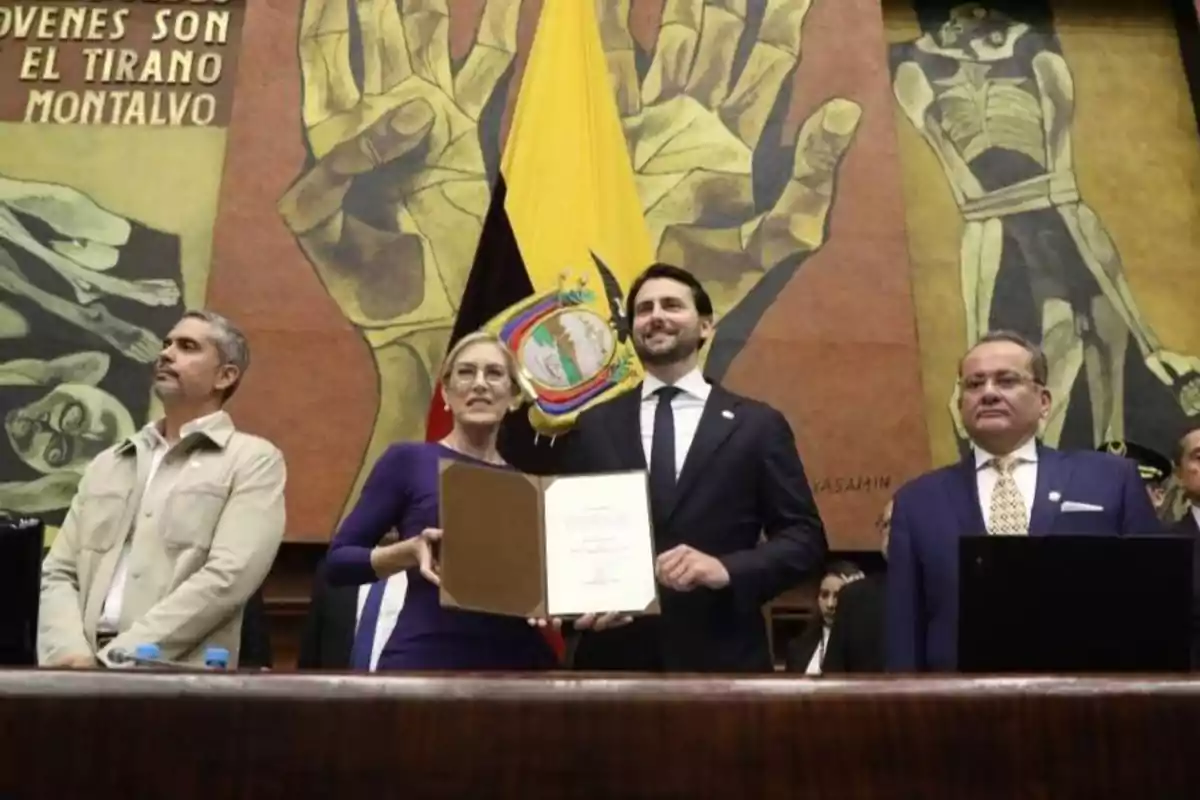
Fines for tardiness at the Assembly amount to more than USD 70,000.
Niels Olsen strengthens internal control and seeks to curb legislative absenteeism with financial penalties
In just two months of implementing stricter controls, the National Assembly has deducted more than USD 70,000 from legislators who have incurred delays or absences. This was reported by its president, Niels Olsen, who seeks to set a new standard of parliamentary responsibility.
Olsen explained that this measure is part of a strategy to eradicate the lack of punctuality and commitment that, at the beginning of the term, forced a wait of up to an hour and a half to start sessions due to lack of quorum.
According to the head of the Legislature, sanctions are applied not only for not attending, but also for not delegating to alternates. "Many prefer to leave the seat empty rather than appoint a substitute, due to personal conflicts or other reasons. That will no longer be tolerated," he emphasized.
The sanctioning scheme includes fines for delays (USD 55.52) and full absences (USD 158.63), deducted directly from the payroll of the offending legislators. This regulation has been active since the first months of the current term.

The Legislative Observatory revealed that between November 2023 and October 2024, in the previous period, nearly 100 legislators were fined for similar offenses, resulting in deductions of more than USD 52,000. However, the trend has intensified under the new administration.
Olsen has stated that his goal is to prevent the Plenary from becoming a "circus or a show," and to restore institutional credibility through punctual attendance. The measure has caused approval among citizen sectors demanding greater control over the use of public resources.
The announcement came as tensions reignite over the selection of the new Judiciary, in which ADN's candidate, Fabián Fabara, faces criticism. The context highlights the need to strengthen legislative ethics.
With this sanction policy, the Assembly seeks to consolidate a model of greater efficiency and accountability. The message is clear: legislative working time is also public money, and wasting it will have concrete consequences.
More posts: